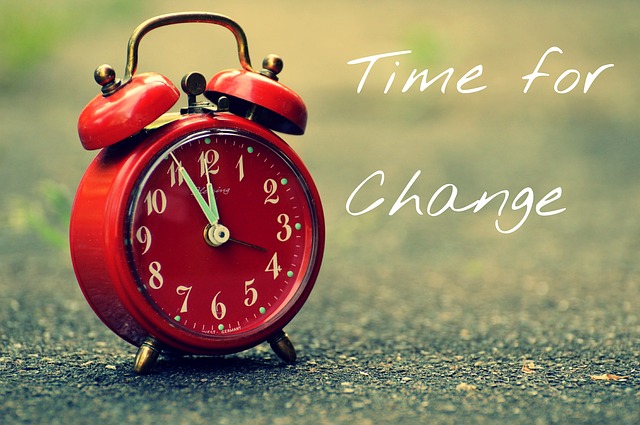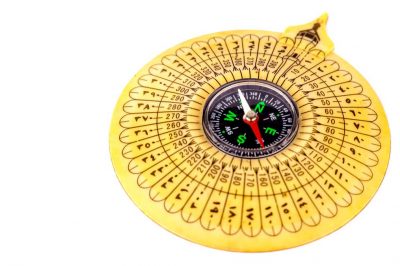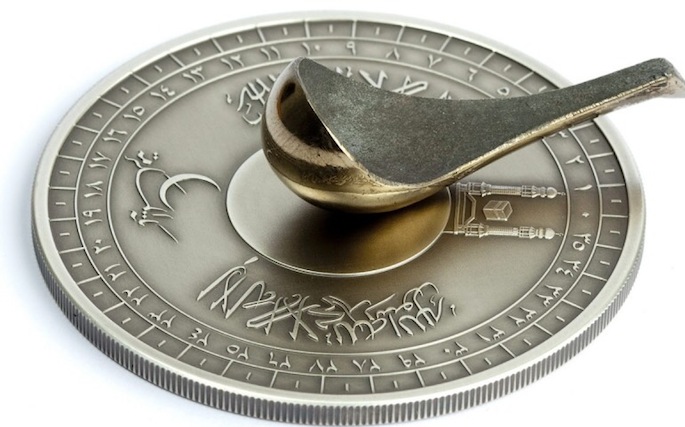The title of this article sounds pretty mind-blowing, right? How could a simple historical fact change anything in your life today?
To give a brief history, the original Qiblah (direction in which Muslims pray) was Bayt al-Maqdis (Masjid al-Aqsa) in Jerusalem.
The Prophet (PBUH) was mocked by the Jews for praying in the same direction as them, yet he continued to abide by the commands of Allah.
Approximately eighteen months after his migration to Medina, the command was delivered to change the direction of the Qibla to the Ka’bah.
“We have certainly seen the turning of your face, [O Muhammad], toward the heaven, and We will surely turn you to a Qibla with which you will be pleased. So turn your face toward al-Masjid al-Haram. And wherever you [believers] are, turn your faces toward it [in prayer]. Indeed, those who have been given the Scripture well know that it is the truth from their Lord. And Allah is not unaware of what they do. “(Qur’an, 2:144)
And, that was it! The direction of the Qiblah was steered toward the direction in which Muslims pray today.
How can this event benefit you?
It’s a pretty simple story, and you may be aware of the facts already, but from this particular event, we can extract a wealth of beneficial practical applications in how to deal with change.
This topic is of particular relevance to our youth, a generation that, perhaps, deals with the most significant amount of change in their lives.

Our youth experience changing schools and curricula, general life circumstances, employment, relationships and family status, financial status, etc.
Allah the Almighty did not leave us to deal with these changes alone, but instead has implanted vast amounts of wisdom throughout the Qu’ran and hadith, that can be derived from historical events, providing us with hints on how to deal with such challenges.
The change regarding the Qiblah is an event that can be drawn upon to provide guidance on dealing with change in accordance with Allah, the Almighty’s wisdom.
In our youth, with the guidance of parental and peer support, we also faced changes. Passing through this stage, we were thrust into early adulthood; forced to face the associated changes and challenges independently for the first time.
This new reality also encompasses accountability for ones actions in the sight of Allah the Almighty, so youth must now give priority to being conscious of their decisions and actions being favourable to their Creator.
Coping with change
Learning to cope with and manage change effectively will increase the chances of getting through life’s changes successfully. The establishment of strong coping mechanisms also improves physical and mental health and aids in the development of solid personal and social relationships.
This is where lessons from the change of the Qibla can be of particular use.
What can we learn about dealing with change from the Qibla incident?
In reframing the prospect of change as a test from Allah the Almighty, including both the opportunity for blessing and submission to His will—seeking His pleasure and the promise of great reward in this life and the next—we see by the Prophet’s (PBUH) example, an exhibition of courage in the face of change, whereupon both he and the Ummah prevailed.
A great reward for the challenge of embracing change
There is much wisdom in change, as Allah the Almighty will replace what is changed with something better.
“We do not abrogate a verse or cause it to be forgotten except that We bring forth [one] better than it or similar to it. Do you not know that Allah is over all things competent?” (Qur’an, 2:106)
In the case of the Qiblah change, the intention was to unite the Ummah as one; setting Islam apart from other faiths with Muslims all turning in the same direction in submission to Him.

The post From Jerusalem to Makkah: How Qiblah Story Can Change Your Life appeared first on About Islam.
source https://aboutislam.net/family-life/youth-4-the-future/from-jerusalem-to-makkah-how-the-qibla-story-can-change-your-life/


No comments:
Post a Comment